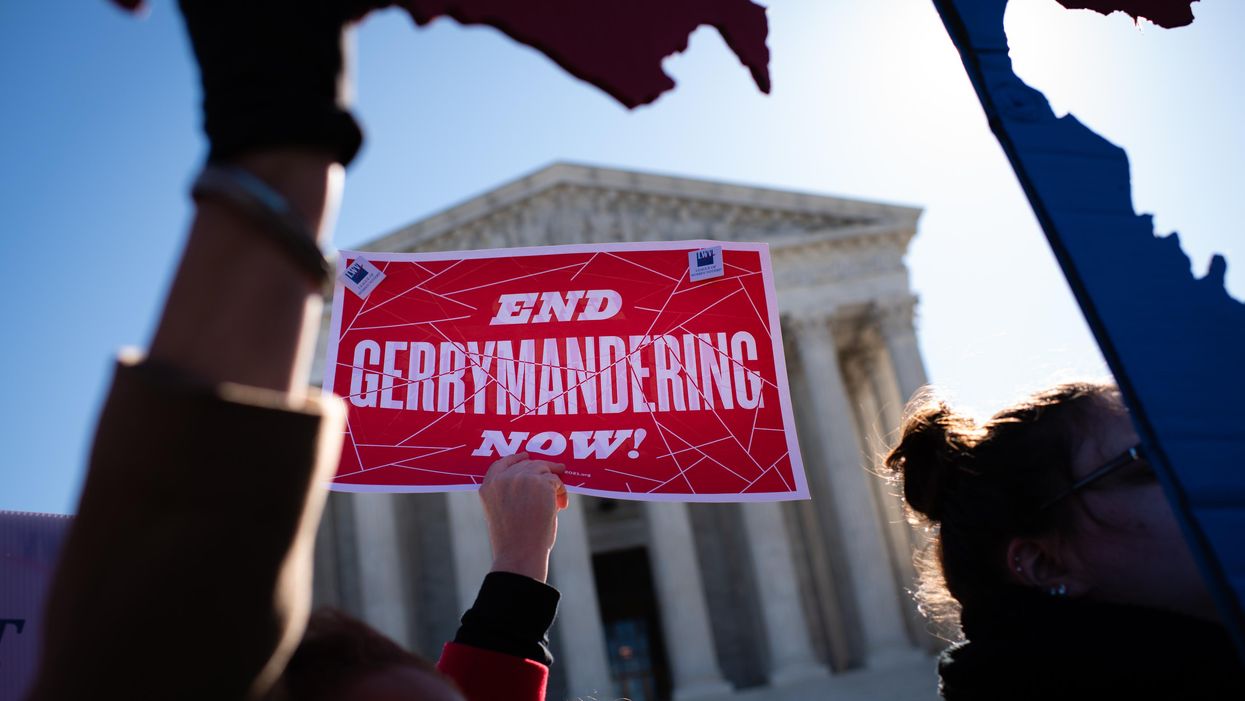Southern states will be especially vulnerable to partisan and racial gerrymandering due to single-party control over the process and weaker protections for communities of color, a new report found.
The Brennan Center for Justice, a liberal public policy institute at New York University Law School, analyzed the redistricting landscape across the country, categorizing states based on their projected risk for partisan and/or racial gerrymandering. The 27-page report, released Thursday, found abuse in the mapmaking process will be most severe in four Republican-controlled Southern states: Florida, Georgia, North Carolina and Texas.
Meanwhile, every state is facing a shared challenge: a compressed timeline to draw the new maps. Typically, population data needed for redistricting is released in April, but due to delays caused by the Covid-19 pandemic and the Trump administration, the Census Bureau is now expecting those figures to be ready in late September. This will further complicate this year's redistricting process, and therefore preparations for the 2022 midterms as well.
Michael Li, a redistricting expert at the Brennan Center who authored the report, said this round of redistricting is likely to be the most challenging in recent history. The four factors that will have the largest impact on redistricting outcomes are: who controls map drawing, changes in rules governing redistricting, population and demographic changes over the last decade, and the delayed census data.
Republicans will have control over the mapmaking process in 21 states, while Democrats will be in charge in nine. Election maps in the remaining 20 states will be drawn by either a divided government or some type of redistricting commission.
"Expect a tale of two countries," Li wrote. "In parts of the country, newly enacted reforms and divided government will make it harder to force through partisan gerrymanders or racially discriminatory maps. In other states, however, there may be even greater room for unfair processes and results than in 2011, when the country saw some of the most gerrymandered maps in its history."
Among the four Southern states most at risk of gerrymandering, the report noted particular concern for communities of color. While those states have grown more racially and politically diverse over the last decade, people of color will have fewer protections during this round of redistricting because certain states no longer need approval from the Justice Department to make voting-related changes.
In some states, recently created commissions will be driving the mapmaking process for the first time. Colorado and Michigan will use inaugural independent commissions to draw maps for Congress and the state legislature, while Virginia will employ a new bipartisan commission for its election maps. New York and Utah will also have advisory commissions for the first time, although the proposals they present to the legislature will be nonbinding.




















